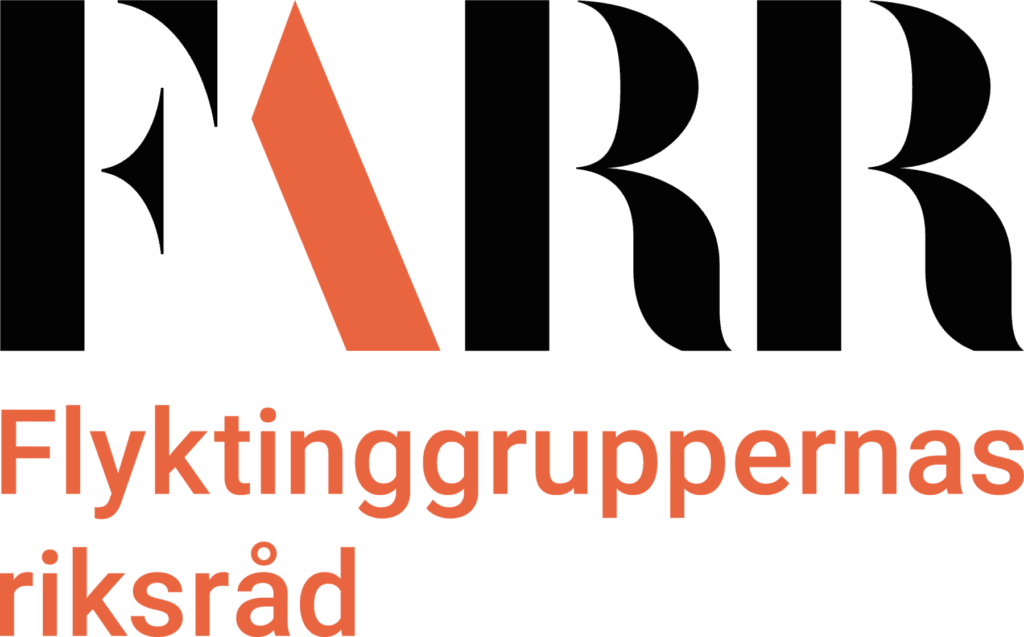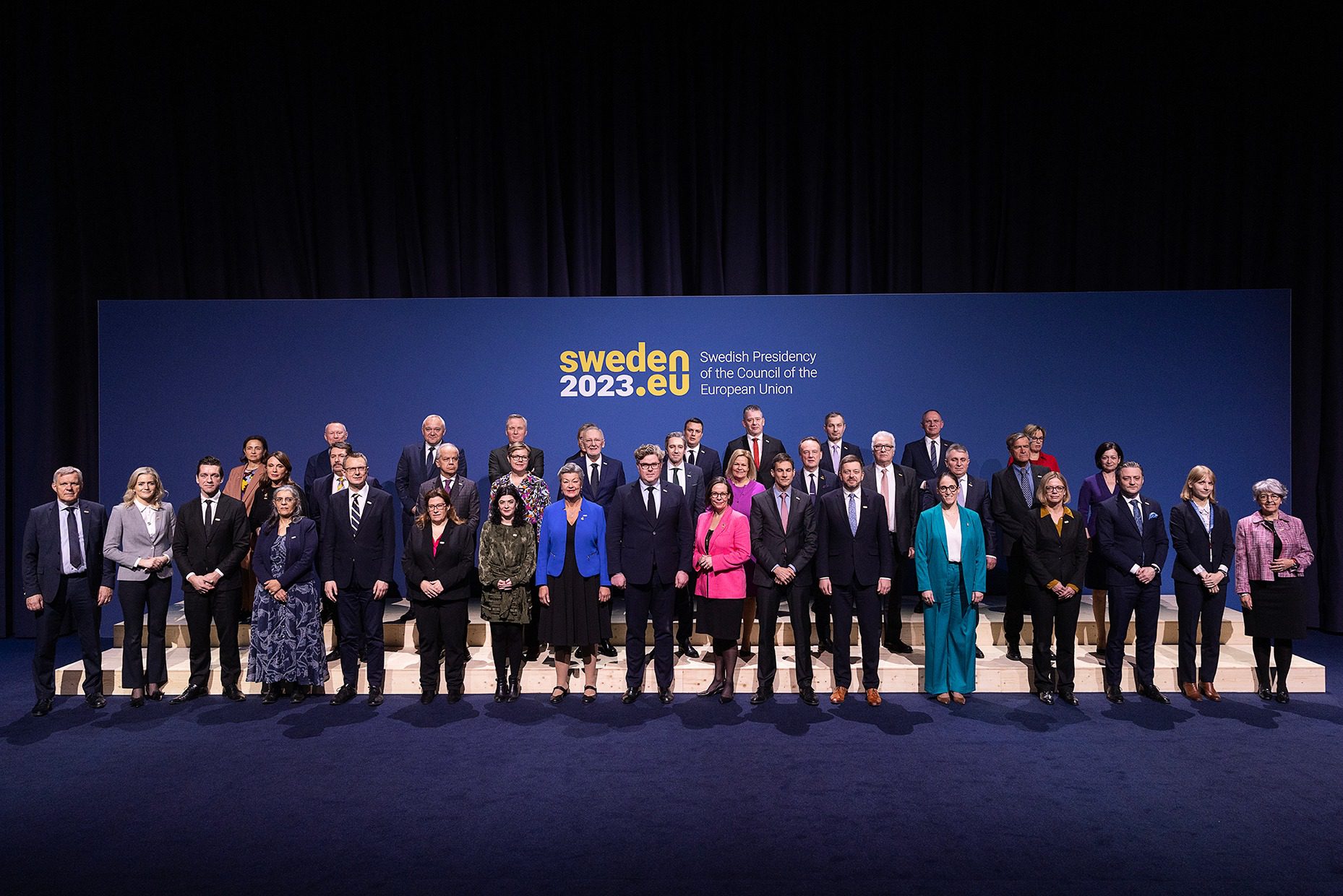Today, the EU’s Council for Justice and Home Affairs meets in Sweden. One of the topics being discussed is the return (expulsion) of people without permission to remain in the EU countries. The focus is on how this can be implemented faster and more efficiently. Why? There is a fear that if people remain after rejection, it could undermine the integrity and credibility of member states’ asylum systems. The hope is that with a more effective deportation policy, the residents of the member states will feel increased confidence in and a stronger will to respect the right to asylum.
In this reasoning, it is assumed that all decisions in asylum cases are legally certain and therefore correct. The mantra “a no is a no” is heard more and more often. But the statistics show large differences between countries in how similar grounds for protection are assessed. Many Afghans have fled from Sweden to France or other countries where they have been recognized as in need of protection based on the same grounds that Sweden rejected. Therefore, it is wrong to automatically conclude that people with a final refusal have no need for protection.
The Swedish Aliens Act and EU law allow that an application for a stay of the expulsion order can be made even after a “final no” if there are new circumstances. In recent years, between 5–10% have been granted a residence permit in Sweden at this stage, some with refugee status. How will this legal right to file such an application be considered with expedited deportations?
Statistics are often used in migration policy contexts to form public opinion. Both Commissioner Ylva Johansson and Migration Minister Maria Malmer Stenergard have invoked in various contexts that within the EU most asylum applications are rejected and draw the conclusion that people abuse the right to asylum on a large scale. The figure most often cited is that around 40% need protection. But these statistics are based solely on decisions in the first instance within the EU, as pointed out in a survey by ECRE (the European Council on Refugees and Exiles). If the statistics of the entire asylum process are included, including appeals (which are granted in 33% of those cases), a fairer picture of reality emerges, namely that more than half of the asylum seekers were granted permission. In addition, there are subsequent applications and the countries’ procedures for humanitarian reasons. This means that the majority of persons seeking asylum have had grounds for this according to the asylum authorities.
ECRE states:
“Statistics play a key role in discussions on asylum at both the EU and the national level; they are used to support a variety of arguments. The number of applications is mentioned frequently to illustrate the ’migratory pressure’ facing the EU or a specific Member States. Just as frequently, statistics on protection rates (the percentage of those who apply for international protection who then receive a protection status) are used to steer policy decisions. For example, protection rates deemed to be low are used to support the argument that many people reaching European countries are not in need of protection, and – therefore – that policy decisions and legal changes should focus on (increasing) returns and preventing arrivals…
Statistics are indeed crucial to understanding the state of asylum in Europe, providing valuable evidence on implementation of the Common European Asylum System (CEAS). However, for statistics to be used in support of arguments and decisions they must be comprehensive and reliable, in both their content and their presentation. Such is not the case: many factors mean caution must be exercised when handling asylum numbers. Otherwise, statistics themselves can both directly misrepresent and be used to misrepresent the actual need for protection in Europe.”
FARR believes that based on the statistics that show such great differences between the countries, the ministers’ focus should rather on how to make the asylum procedure legally certain rather than on how to make deportations more efficient.
FARR also encourages reading ECRE’s analysis in its entirety – especially the recommendations to the Commission and Member States!
The Swedish Network of Refugee Support Groups (FARR)
www.farr.se
Chairperson: Terje Holmgren
Press contact: Michael Williams + 46 (0)72-3301414, press@farr.se

